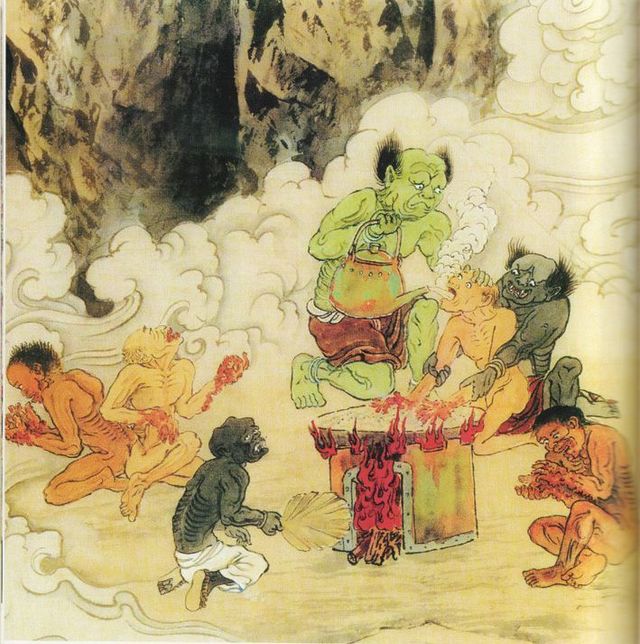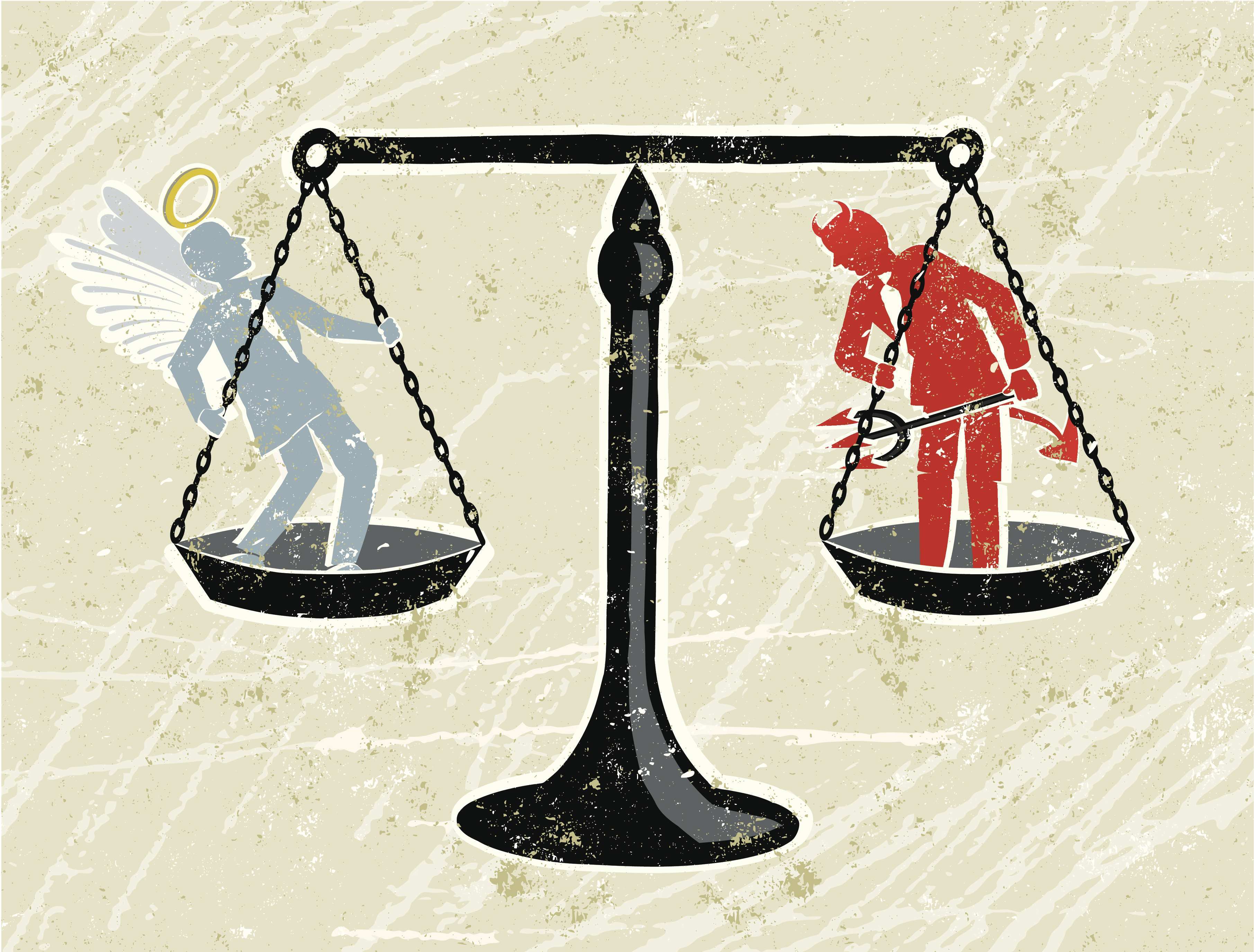 |
| Some notorious sinner who ignored the ethical concerns of his community. |
Friend Xerxes is arguing that our sense of morality comes from the community.
This is the claim of “cultural relativism.” It is obviously false. If a given community decided murder was perfectly okay, would it be okay? Killing Jews was perfectly acceptable in Nazi Germany; do we have no right to object to the practice? Or to slavery, since it was socially condoned in most parts of the world until rather recently? To child sacrifice?
Challenged on the point, Xerxes seemed confused. So where then did I suppose morality comes from? Where else could it come from
From the natural law. We are all born with a conscience, an innate sense of right and wrong. Kant showed that the moral law is the one thing we cannot possibly dispute, a “categorical imperative.” It can be summed up in the simple phrase, “do unto others as you would have them do unto you.” Nobody truly believes that murder is right, or lying is right.
Since this is self-evident, why do people like Xerxes fail to see it?
Often, I’m sure, due to guilt. Many find it easier to deny the reality of right and wrong than to admit doing wrong.
But this may also be a mainstream Protestant problem, at least in Xerxes’s case. Denominations like the United Church of Canada, or the Anglican Church, really have no fixed doctrines; you pretty much believe what you want, and worship what you want. Anglicans have their rituals, but since they do not believe in transubstantiation, they amount to little more than aesthetics. So why do you go to church?
Perhaps all that is left is latitudinarianism: you go to learn how to behave better.
Hence they must cling to the doctrine that morality comes from the community you keep. It becomes their raison d’etre.
And we can perhaps go a step further. Since the basics of morality are self-evident, they have to come up with something new. They cannot simply preach “Do not lie.”
This may explain why these churches seem to veer into weird wokery and left-wing politics. What we sometimes call “virtue-signalling” or “political correctness.” They must have some mock morality that is not self-evident.
It cannot be anything that requires self-sacrifice, or great effort: not fasting, say or climbing mountains on your knees. Mainstream Protestant congregations are democracies, and even strive for consensus. Such strenuous requirements are sure to cause some backlash.
So it becomes a matter of using the correct language, voting the correct way, condemning the right things in others.

















%20Foot%20Washing%20-%20YouTube%20and%202%20more%20pages%20-%20Personal%20-%20Microsoft%E2%80%8B%20Edge.png)







